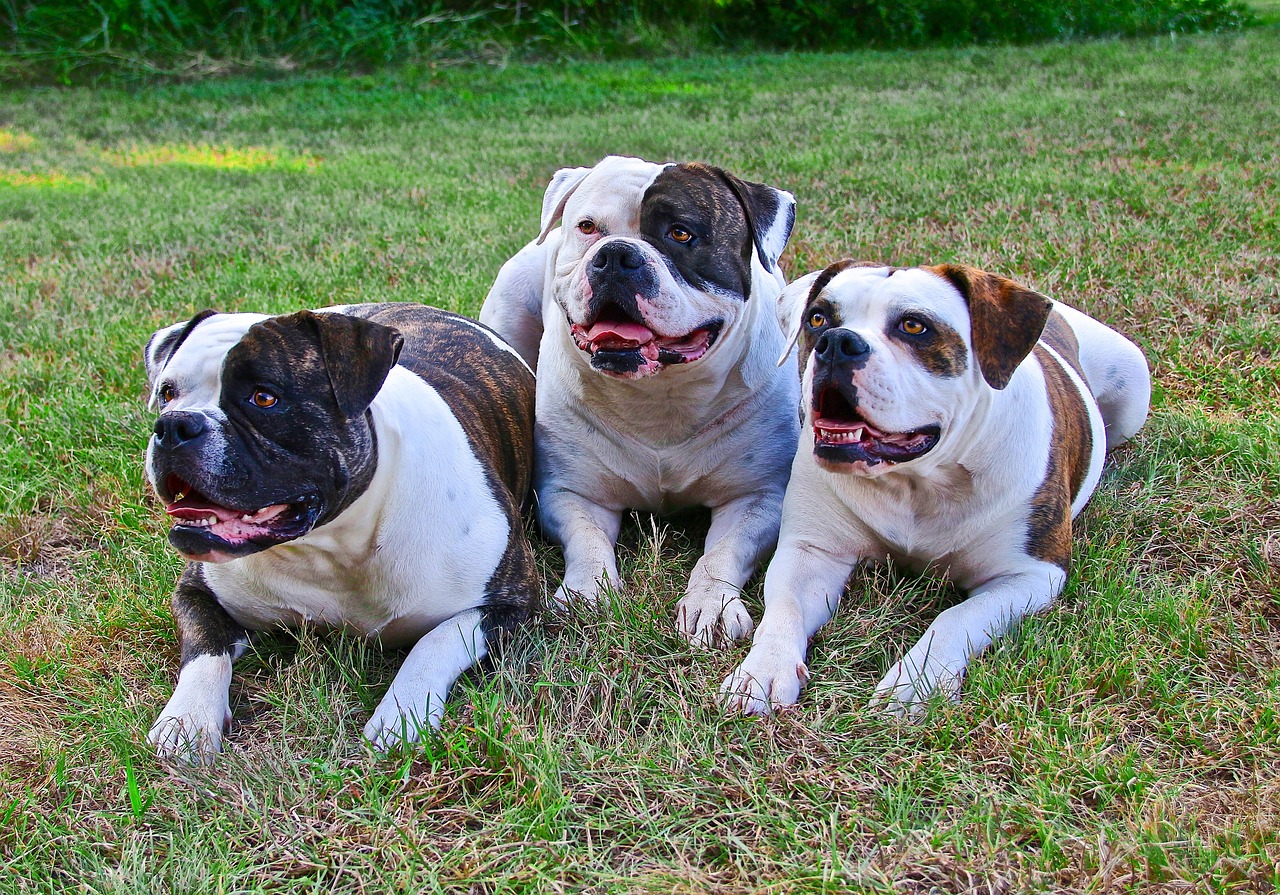Animal shelters around the world are vital institutions dedicated to the care and rehabilitation of pets in need. Among these pets, dogs represent a significant proportion, with some breeds appearing more frequently than others. This prevalence can be attributed to a variety of factors, including the popularity of the breed, temperamental challenges, and specific care requirements that may irritate unprepared owners. Understanding which dog breeds are most commonly found in shelters can provide valuable insight into the responsibilities of pet ownership and the importance of making informed decisions when welcoming a dog into your home. It also highlights the ongoing need for adoptive families willing to give these deserving animals a second chance. Here, we’ll explore the 10 dog breeds most commonly found in shelters, explore the reasons behind their presence, and advocate for their adoption.
1. American Pit Bull Terrier
The American Pit Bull Terrier often tops the list of breeds found in shelters, largely due to misconceptions and breed-specific laws. Known for their strength, loyalty, and affectionate nature towards humans, Pit Bulls often suffer from the stigma associated with aggression, leading to increased surrender rates. Despite their sometimes intimidating appearance, many Pit Bulls are lovable and well suited to family life. Their presence in shelters underscores the need for advocacy, education, and responsible ownership to combat the breed’s undesirable reputation.
2. Labrador Retriever
As one of the most popular dog breeds in the United States, Labrador Retrievers are also commonly found in shelters. Their popularity sometimes leads to overbreeding and subsequently, such individuals are not adapted to their size, energy and exercise needs by owners. Labs are known for their friendly nature, intelligence, and versatility, making them excellent companions for active individuals and families willing to invest in their care and training.
3. Chihuahua
Chihuahuas are another breed that often find their way into shelters, partly due to their popularity and the misconception that they are low-maintenance pets. Despite being small in size, Chihuahuas have big personalities and can be quite vocal and demanding. Their tendency to bond closely with a single person can sometimes lead to behavioral challenges, including separation anxiety and aggression. Prospective owners often underestimate the care and attention they need for these little dogs.
4. German Shepherd
German Shepherds are highly intelligent and versatile dogs, valued for their work in police and military roles as well as their loyalty as family pets. However, their strong protective instincts and high energy levels can be challenging for owners without the time or experience to provide proper training and exercise. As a result, German Shepherds are often surrendered to shelters by owners overwhelmed with their needs, which highlights the importance of understanding the characteristics of the breed before adoption.
5. Boxer
Boxers are known for their playful nature and boundless energy, qualities that may lead to them being surrendered by owners who are not prepared for their high exercise and stimulation requirements. Boxers are affectionate and loyal, making them excellent family pets, but they require consistent training and socialization from an early age. Their presence in shelters often reflects a mismatch between the breed’s needs and the owner’s lifestyle, rather than any fault of the breed.
6. Beagle
Because of their friendly nature and adorable expressions, Beagles are often adopted without their needs being fully understood. Bred as scent hunters, beagles have a strong instinct to follow their nose, which can lead them astray if not safely controlled. Their vocal nature and high energy levels can also create challenges for untrained owners. The presence of beagles in shelters highlights the need for potential owners to research breed-specific traits and exercise requirements.
7. American Bulldog
American Bulldogs are powerful, muscular dogs that have deep loyalty to their family. However, their size and strength, coupled with a high prey drive, can make them challenging for inexperienced owners to handle. Without proper training and socialization, American Bulldogs can develop behavioral problems, leading to surrender. Their presence in shelters underscores the importance of a commitment to training and responsible breed ownership.
8. Dachshund
Dachshunds are charming and affectionate but can be stubborn and difficult to train. Their unique body shape also makes them prone to back problems, which can result in expensive medical care. Some owners may surrender Dachshunds to shelters due to behavioral problems or inability to afford their health needs, making it important for potential adopters to consider long-term health and temperament.
9. Cocker Spaniel
Cocker Spaniels are known for their gentle and loving nature, but they require regular grooming and can suffer from health problems, including ear infections and eye problems. Their need for regular, professional care and potential medical costs can be a burden to some owners, leading to their presence in shelters. Potential Cocker Spaniel owners should be prepared for the time and financial commitment required to care for them
10. Rottweiler
Rottweilers are powerful dogs with a strong protective instinct, making them excellent protectors of their homes. However, they require firm, consistent training and early socialization to develop into well-adjusted adults. Without this, Rottweilers can become overprotective and difficult to manage, which may lead some owners to surrender them to shelters. Understanding and meeting the needs of the breed requires leadership and training for successful adoption.
The presence of these breeds in shelters serves as a reminder of the responsibilities that come with dog ownership. Each breed has its own unique needs and characteristics that must be matched to the right family. Adopting a dog is a long-term commitment that should not be taken lightly. By choosing to adopt from a shelter, potential owners have the opportunity to provide a loving home to a dog in need while simultaneously acquiring a loyal companion. It is important for adopters to research and consider the specific needs of their chosen breed to ensure a harmonious match that benefits both the dog and their human family.

